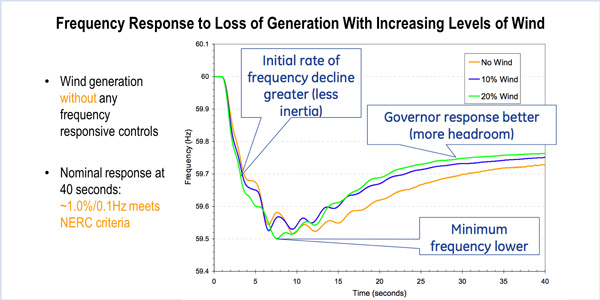FERC on Thursday accepted SPP Tariff revisions replacing the defined terms “head-room” and “floor-room” with “instantaneous load capacity,” effective June 27, 2017 (ER17-1482).
The commission said the changes “more accurately” describe the purpose, scope and functionality of the ramp capacity requirements the RTO needs in order to manage instantaneous load changes that occur during each operating interval.
Westar Energy and Golden Spread Electric Cooperative protested the revisions. Westar said SPP failed to provide any specific insight on how it accounts for the differences caused by the operational uncertainties, such as generation deviations, load forecast errors, net schedule interchange deviations and erroneous forecasts for intermittent generators.
Golden Spread argued SPP’s addition of the term “operator input” to its reliability unit commitment (RUC) determinations should only apply to extraordinary circumstances. The co-op said instantaneous load capacity should generally be procured by SPP through normal competitive offers based on forecasts.
FERC countered that a degree of operator discretion, “not limitless and consistent with SPP’s existing processes, is inherent in reliability commitment processes.” It dismissed Golden Spread’s and Westar’s remaining comments as being beyond the proceeding’s scope.
The commission did agree with Golden Spread, however, that it had raised issues SPP should consider exploring through its stakeholder process.
— Tom Kleckner





